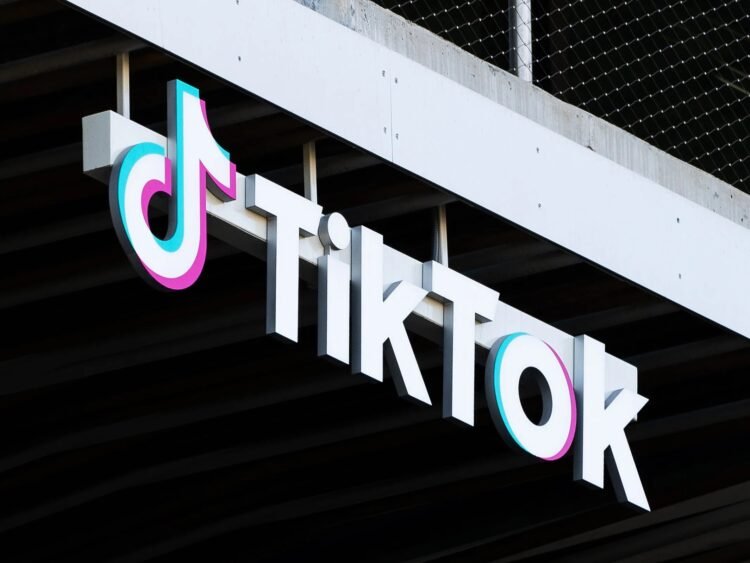Compiled by: Emili TK
WASHINGTON – On Friday, a U.S. appeals court denied TikTok’s emergency motion to temporarily block a law mandating its Chinese parent company, ByteDance, to divest from the popular short-video app by January 19 or face a nationwide ban.
TikTok and ByteDance had filed the emergency request earlier this week with the U.S. Court of Appeals for the District of Columbia, seeking additional time to appeal to the U.S. Supreme Court. However, the court’s decision now forces TikTok to act swiftly, taking its case directly to the Supreme Court to halt the impending ban.
The companies warned that without intervention, the law would effectively “shut down TikTok — one of the nation’s most popular platforms for free expression — affecting its over 170 million monthly U.S. users.”
In its order, the court stated:
“The petitioners have not identified any precedent where a court, after rejecting a constitutional challenge to an Act of Congress, has enjoined the Act while awaiting Supreme Court review.”
TikTok has yet to issue a response to the ruling.
What the Law Entails
The law, if enforced, would prohibit TikTok’s operations in the U.S. unless ByteDance sells its ownership stake in the platform by the January 19 deadline. Furthermore, it grants the U.S. government extensive authority to ban other foreign-owned apps that may pose similar concerns about the collection of Americans’ personal data.
The U.S. Department of Justice supports the law, stating that TikTok’s ties to ByteDance and China represent “a continuing threat to national security.”
However, TikTok disputes this claim, asserting that its recommendation algorithms and user data are housed on U.S.-based Oracle servers, and moderation decisions impacting American users are made domestically.
The Implications
The ruling intensifies the pressure on TikTok. Without intervention from the Supreme Court, the app’s future in the U.S. hinges on two political figures:
- President Joe Biden – Biden must decide whether to grant a 90-day extension on the January 19 divestiture deadline, which would temporarily delay the app’s ban.
- President-elect Donald Trump – Trump, set to take office on January 20, would then have to address the matter. Despite unsuccessfully attempting to ban TikTok during his first term in 2020, Trump declared before the 2024 election that he would not support banning the platform.
TikTok’s case, now poised for a Supreme Court battle, remains a high-stakes legal and political issue, with millions of users and significant economic implications hanging in the balance.

 English
English



























































